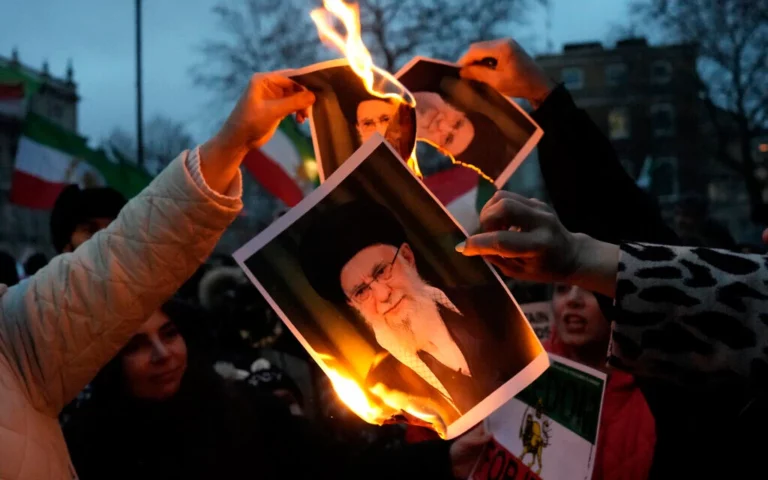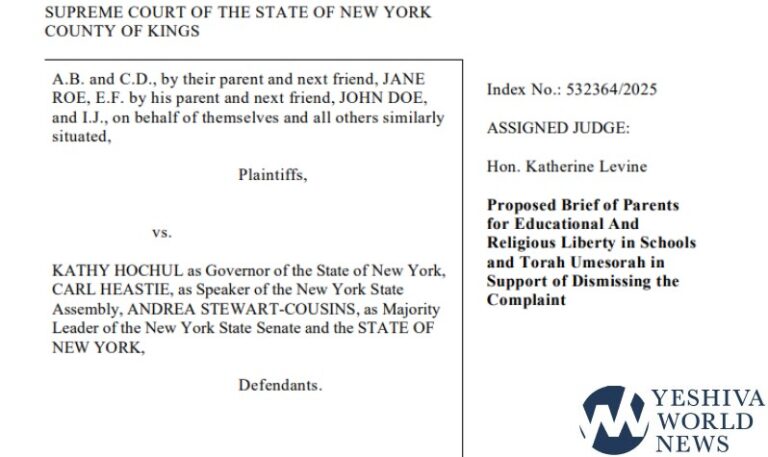In the rush of daily life, gratitude is often treated as a polite formality — a simple “thank you” offered in response to a favor or act of kindness. But from a psychological standpoint, gratitude is a powerful social tool. It strengthens bonds between people, reduces anxiety, and builds trust. Gratitude benefits not only the recipient but also the one expressing it.
Studies show that people who consistently practice gratitude tend to feel happier, more emotionally stable, and more resilient in the face of stress. While words are essential, gratitude finds its deepest expression in actions, gift-giving being one of its most vivid forms.
One Gesture Instead of a Thousand Words
When someone chooses to express gratitude through action rather than words, they’re not just showing appreciation — they’re making a statement about the value of the relationship. For example, ordering flower delivery in Los Angeles isn’t just a thoughtful touch. It’s a conscious decision to say, “I noticed. I care.”
Such a gesture acts like emotional currency. It stays in memory, creates a positive emotional anchor, and can significantly impact a relationship’s development. Especially when the gift feels personal, timely, and sincere, it can resonate far beyond the moment it’s given.
How a Gift Changes Perception
Psychologists note that receiving a gift activates the areas of the brain associated with dopamine, the hormone linked to pleasure and reward. This means that a thoughtful gift is often accompanied by a surge of positive emotions, which the recipient unconsciously connects to the giver. Even in neutral or tense relationships, a well-chosen gift can soften the atmosphere, reopen dialogue, or even help rebuild lost trust.
However, this effect only works if the gift is perceived as genuine. A gift that feels routine, impersonal, or obligatory might produce the opposite result — discomfort, resistance, or suspicion.
Gratitude in Personal and Professional Relationships
The impact of gratitude expressed through gifting extends beyond personal connections. In professional settings, its effect can be even more pronounced. A partner who receives a heartfelt token of appreciation after a successful collaboration is more likely to view you as reliable and attentive. Employees who receive a personal gesture, rather than just a financial bonus, may feel a more profound sense of care that numbers alone can’t communicate.
It’s important to understand: material gratitude is not about expecting something in return. It’s about investing in goodwill, trust, and a sense of connection.
One Gift Can Shape the Future
A single gift can initiate a ripple effect. The recipient feels seen and valued, which increases their motivation to continue the relationship. This often leads to what sociologists call a “positive feedback loop” — gratitude, reciprocation, mutual support. In this way, relationships grow stronger and more meaningful.
Sometimes, a gift can also ease tension or repair a rift. It won’t replace an apology, but can soften emotions and signal a willingness to reconnect. When chosen thoughtfully and appropriately, a gift speaks volumes.
Psychological Nuances
Context matters. The same gift can be interpreted in different ways depending on the level of closeness, timing, and how it’s presented. Gratitude must feel timely and genuine. It may create discomfort or raise doubts about the giver’s motives if it comes across as excessive, forced, or out of place.
It’s also crucial to avoid sending the message: “I gave you something — now you owe me.” Genuine gratitude is unconditional. Its power lies in the absence of expectations.
Conclusion: One Gift, Many Meanings
A gift is not just an object. It’s a message — one that says, “You matter,” “I appreciate this,” or “I’m paying attention.” In a world where words are often overused or undervalued, a quiet but thoughtful gesture can speak louder than anything else.
One gift won’t change the world, but it can transform a relationship, making it warmer, closer, and more sincere. And that alone is a reason to view gratitude in a new light.










